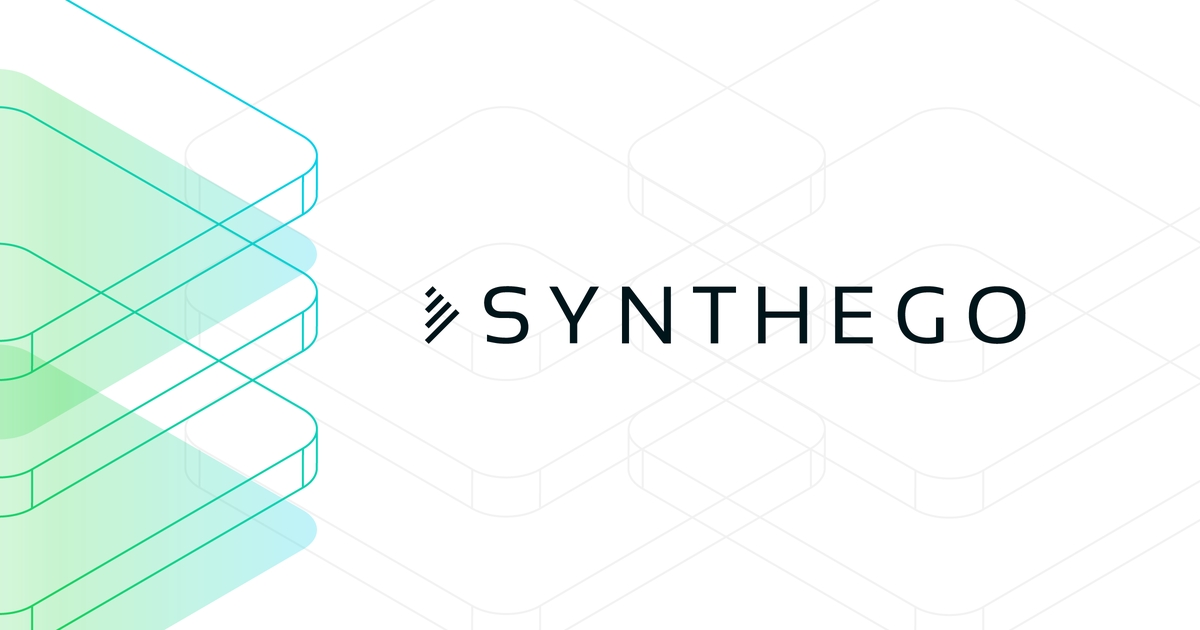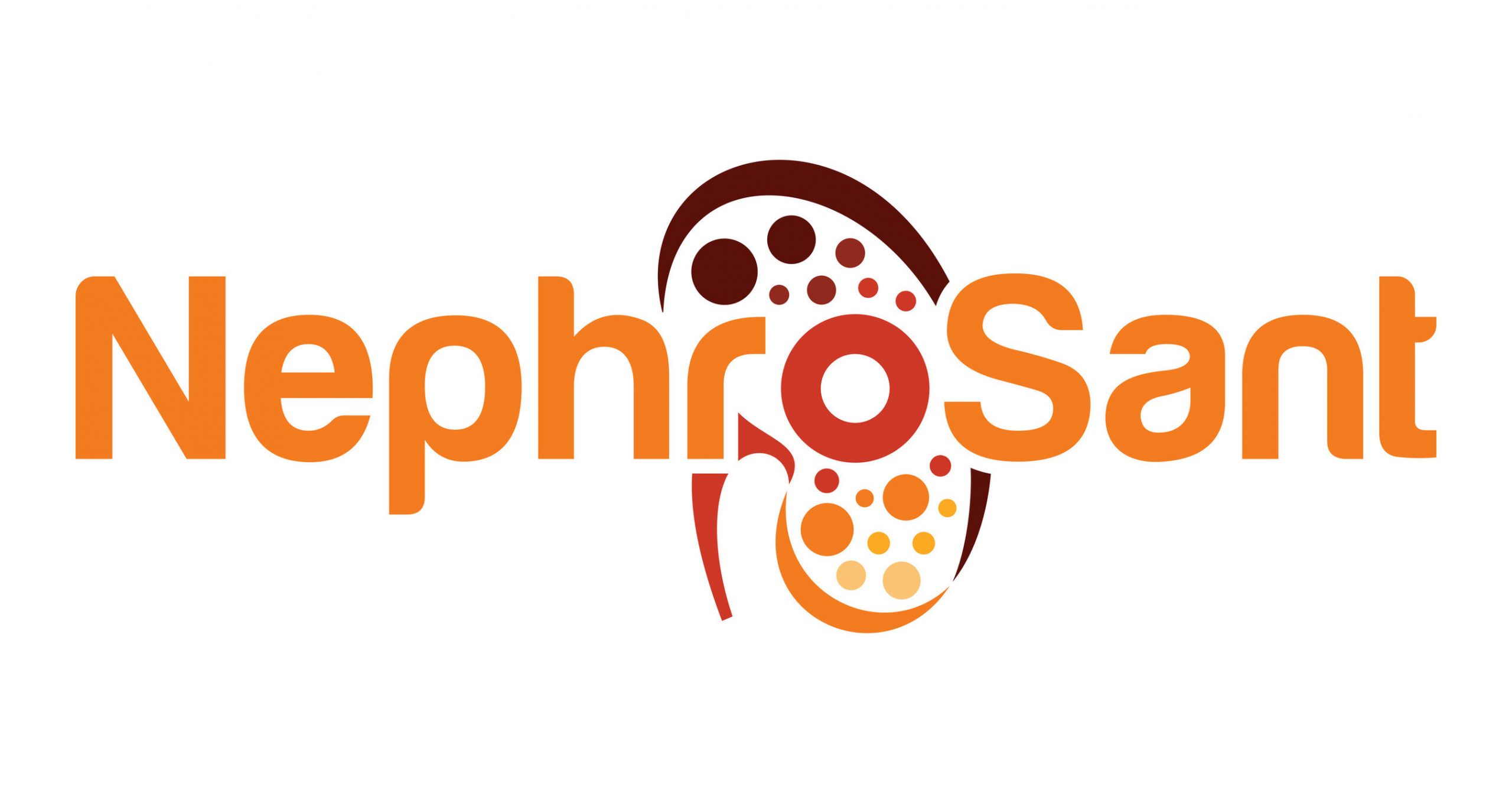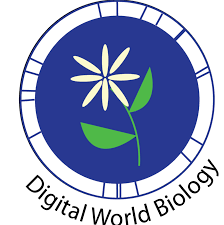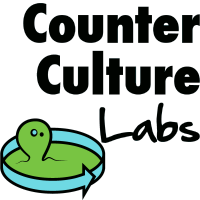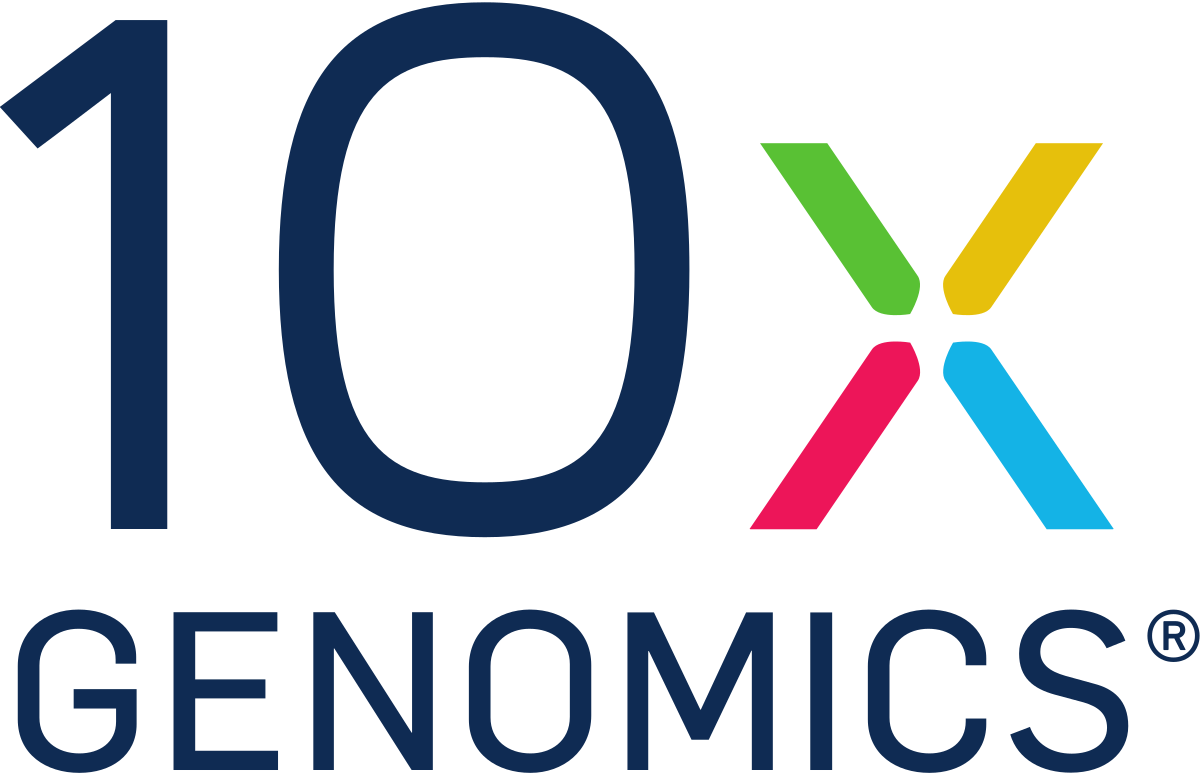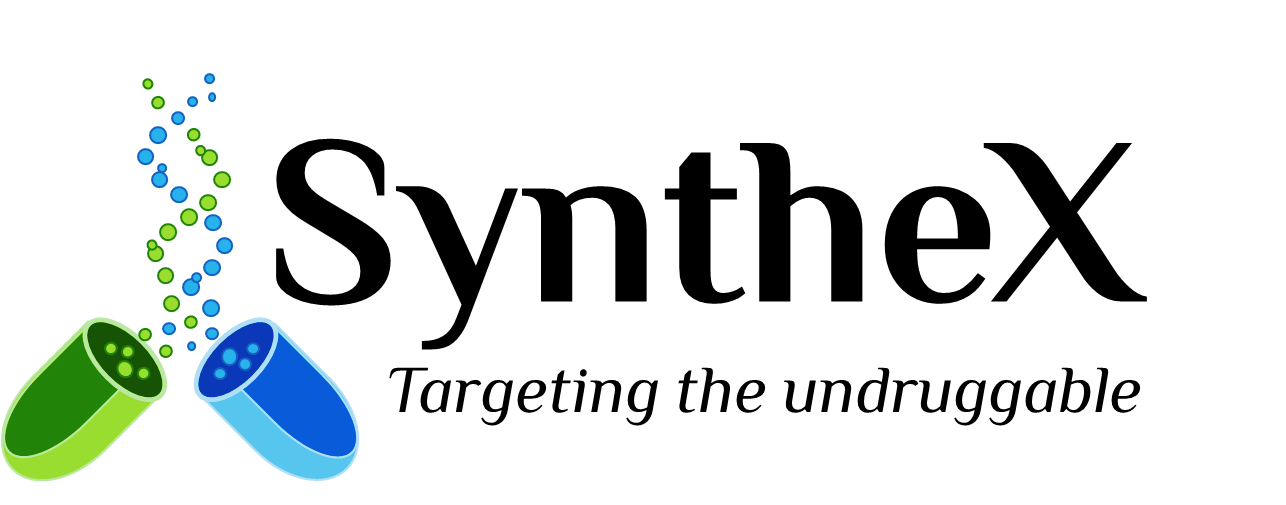|
Learn Genomics Theory and Lab Skills and continue on to Microscopy & Histotechnology! |
Merritt College Bioscience Department offers a complete genomics curriculum to prepare our students for work in the biotechnology industry using the tools of genomics.
Summer and Fall 2024 Enrollment Now Open!
Enroll in Bioscience 50 – Genetic Diseases to get started with your training and bioscience career exploration. Biosc 50 is completely online this Summer 2024 and requires no prerequisites or previous experience in science!
Enroll in Biosciene 30 – Genomics Theory for Fall 2024 for more hands-on laboratory techniques training.
- Apply for Admission to Merritt College
- Wait for an acceptance letter via email. Follow all instructions.
- Enroll in Bioscience 50 – Genetic Diseases – for Summer or Fall 2023
- Once accepted, meet with a general counselor for a student education plan.
Genomics, an interdisciplinary field of biology, focuses on the structure, function, evolution, mapping, and editing of genomes. A genome is an organism’s complete set of DNA, including all of its genes. In contrast to genetics, which refers to the study of individual genes and their roles in inheritance, genomics aims at the collective characterization and quantification of all of an organism’s genes, their interrelations, and their influence on the organism. Genes direct the production of proteins with the assistance of enzymes and messenger molecules. In turn, proteins build body structures such as organs, tissues and proteins which control chemical reactions and carry signals between cells. Genomics also involves the sequencing and analysis of genomes through the use of high throughput DNA sequencing and bioinformatics to assemble and analyze the function and structure of entire genomes. Advances in genomics have triggered a revolution in discovery-based research and systems biology to facilitate the understanding of even the most complex biological systems. The field also studies intragenomic phenomena, (segments contained within a DNA sequence) and other interactions between loci and alleles within a single genome.
To learn more about the growing need to build a Diverse Genomics Workforce, watch this video from the National Human Genome Research Institute
Career Opportunities:
Laboratory technicians will find job opportunities in any facility where DNA is processed and analyzed, with special emphasis on high throughput, short read assemblies. DNA decoding has become a basic tool in most branches of the Life Science Industry used in nearly all laboratories working with microbiology; including medical genomics, pathogen analysis, genetically altered organisms, academic research, ecology, forensics, food science, and agricultural applications. Job titles include:
| Field DNA Sequencing Technician | Ecological Study Lab Technician |
| DNA Fingerprinting with Biological Survey Teams | Agricultural Research Lab Technician |
| Bioinformatics, Genome Analysis | PCR Testing Technician |
| Forensics Lab Technician | Sample Preparation for DNA and RNA Sequencing |
The Future of Genomics: 10 Bold Predictions by Siddhartha Mukherjee
Courses Include:
Students learn the basics for working with DNA and RNA in the lab. Students learn to operate all of the equipment we use in the lab and how to work with, store, and prepare reagents required for processing DNA. A lab notebook is maintained in the manner expected in the industry. Students are expected to learn and apply good laboratory practices (GLP), safe laboratory practices, and appropriate waste disposal requirements. Students use GenBank to read sequenced DNA records and locate reference samples for comparison to their own sample results. The course covers the history and new trends in the genomics industry, debates the pros and cons of innovations, and relates this to potential developments for DNA sequencing, analysis, and applications for genetic information. Students learn to search and use peer-reviewed scientific literature and to debate ethical standards or norms in the life sciences. Students meet guest speakers from both research and industry and make an on-site tour of genomics institutions and labs.
Methods:
Demonstrate working knowledge of laboratory equipment including micropipette, centrifuge, thermal cycler, gel electrophoresis, autoclave, pH meter, balance, low-temperature storage, fume hood, DNA shearing device, and fragment analyzer. Students are introduced to the calibration and maintenance of equipment.
Upon successful completion of this program, students will be able to:
- Work safely and efficiently in a wet lab environment.
- Maintain accurate records and labels with high data integrity for all written documents, including lab notebooks, laboratory information management systems, and other laboratory record keeping.
- Prepare DNA samples for processing and operate relevant devices to achieve intended results.
- Safely work with common laboratory reagents, using proper materials storage, and accurate measurements of solids and liquids.
- Understand the principles of genetic data collection, analysis of sequencing results, combined with data handling (bioinformatics, data mining, and utilization of using GenBank).
- Utilize scientific literature to explore research questions. Work with scientific writing style.
- Solve complex problems in the lab using critical thinking and troubleshooting techniques.
Introductory Course – BIOSCI 30 – Genomic Theory
Units: 4
Description: Introduction to genetics and genomic technologies: principles of genetics and data collection (DNA and RNA structure, mitochondrial DNA, nucleic acid replication, protein synthesis, mitosis-meiosis, Mendelian principles, mutation, molecular character alignment, evolution and phylogenetic reconstruction, data retrieval from GenBank and scientific writing; includes guest speakers and on-site tours of genomics labs.
Learning Outcomes:
- The student demonstrates the use of Laboratory Equipment and Lab Safety Practices
- The student demonstrates an understanding of theory, concepts, and use of genetic analysis in the biomedical industry
- The student is able to locate and utilize relevant databases and scientific literature






